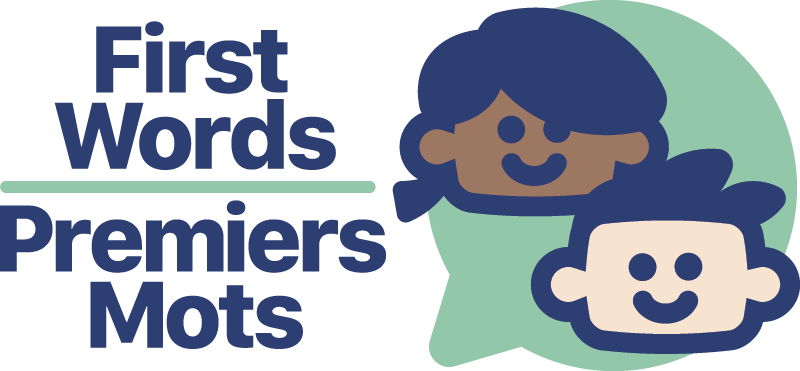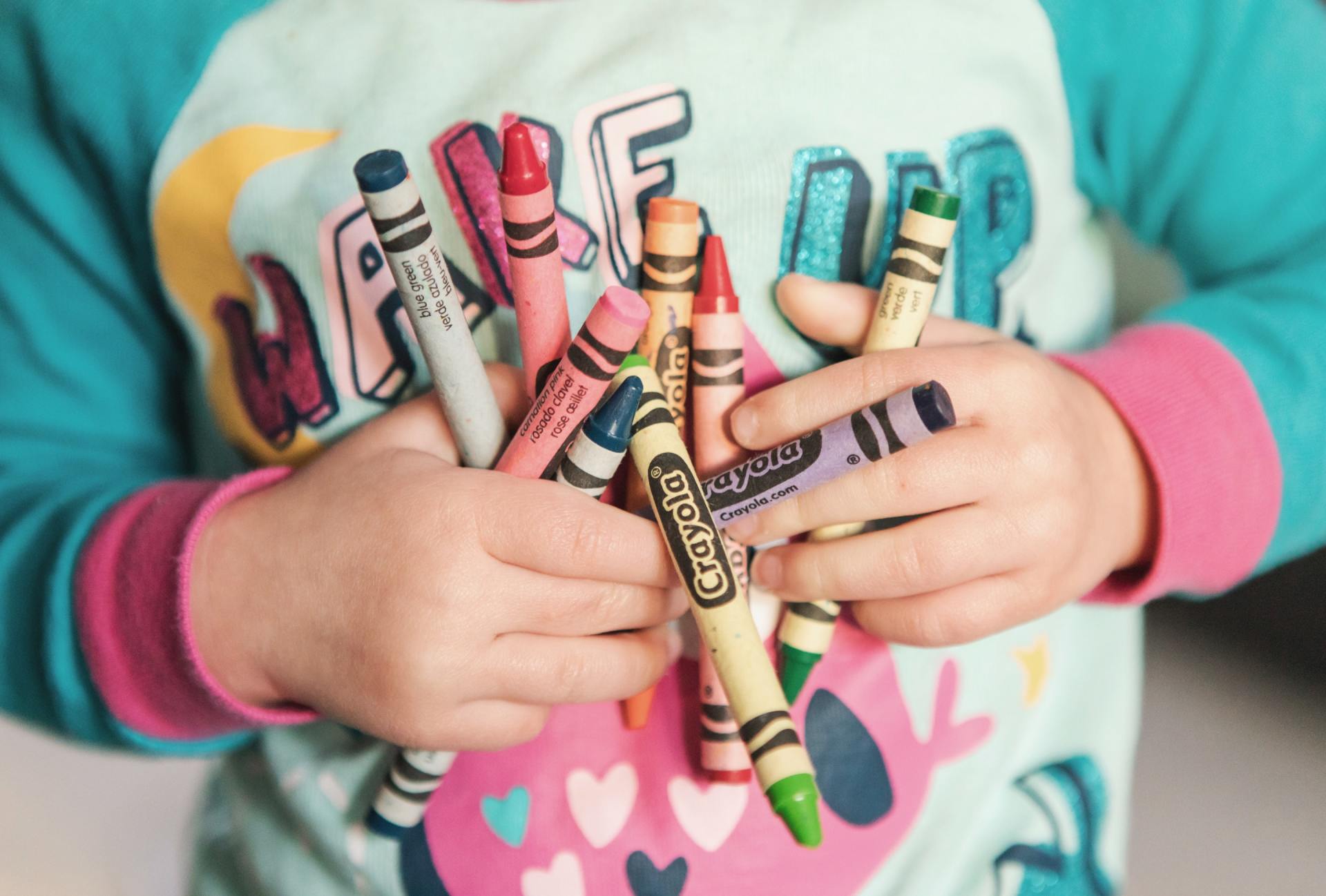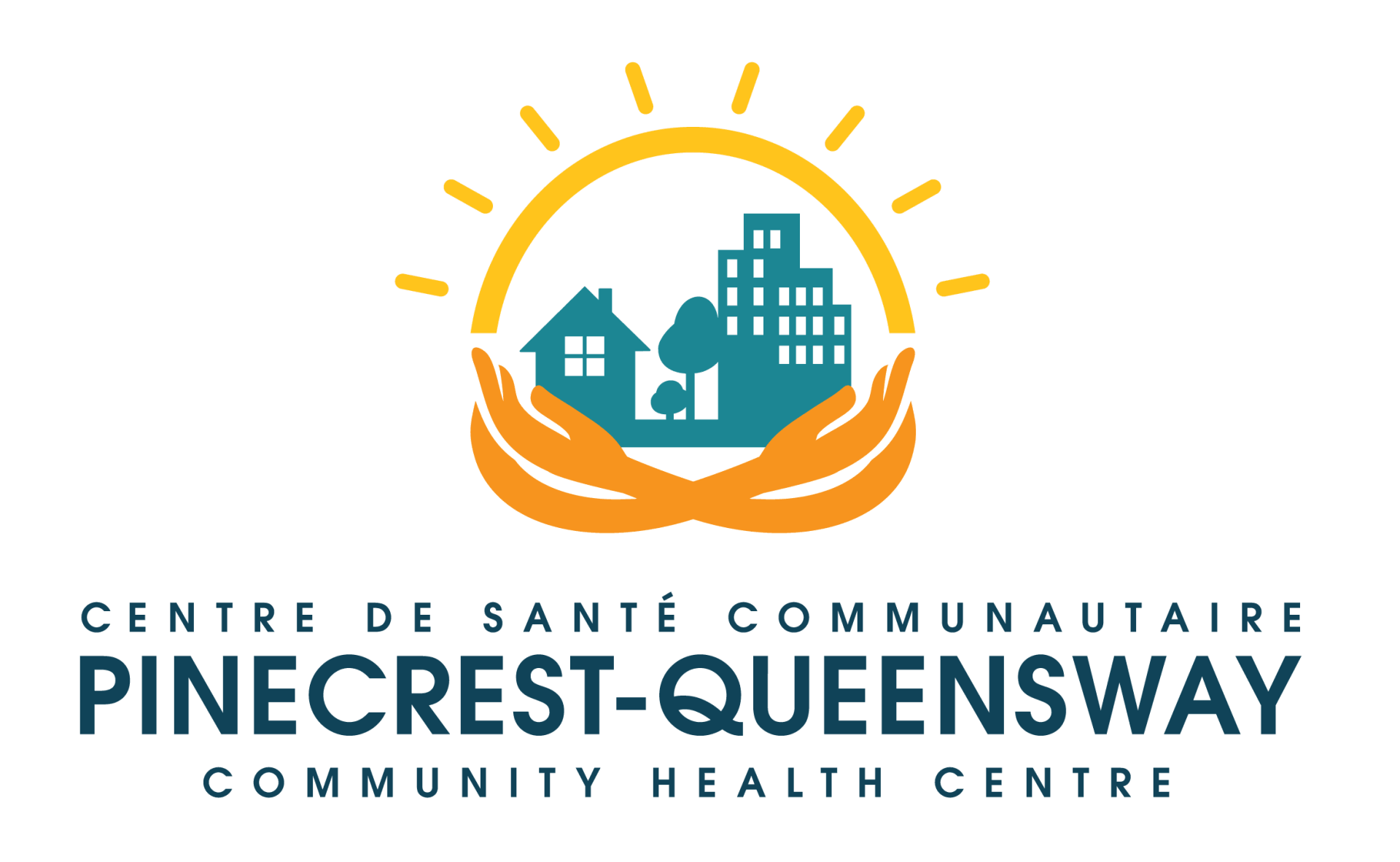First Language Use and Bilingualism - FAQ
First Words Ottawa & Renfrew County • May 13, 2020
Why should children learn their first language?
When children have a strong first language base, they learn a second language more easily. They also do better at school with reading and writing.
What is a child’s first language? Can a child have two first languages? What's the difference between a first language and a dominant language?
A child’s first language usually refers to the language the child learned from birth (before the age of 3) and heard most often in their environment. However, some children may have more than one first language: this is the case with children learning two languages at the same time, from birth.
When a child learns more than one language, one of these languages may become dominant. A child’s dominant
language is the language that the child uses more often and in which they have more words, longer sentences
and fewer pauses.
How can I help my child learn his first language?
Children learn language best from people who speak the language well and often. They learn to talk by listening and talking to parents, siblings, grandparents, friends and caregivers. So go ahead – speak your first language. Label many different objects, talk about what you are doing, talk about your feelings, tell stories and express your ideas. Use songs, rhymes and stories you have learned from your culture and family. During these language-based activities, children also learn about their culture and identity.
What can I expect when a child is learning a second language?
- A silent time of up to 6 to 7 months in the second language. A child needs time to understand a new language before using it. During this time, the child might listen but not talk . The child’s first language should continue to grow.
- Mixing the two languages. Children may use words from both languages in one sentence to help
- replace words they don't know.
- Grammatical errors. Children will make mistakes in the new language until they figure out all the rules.
When should a child learn a second language?
Learning a second language can happen at any age. Earlier is better! But it is very important that the child learn from people who speak that language well. Learning one language well is better than hearing and learning two languages poorly.
How can I help my child learn more than one language?
Your child needs REPEATED AND CONSISTENT
exposure to each language. Here are some ways to do this:
- “One parent-one language”: One parent speaks one language to the child; the other parent speaks the other language to the child.
- “One place-one language”: One language is spoken at home; the other at daycare or at school.
- “One activity-one language”: One language is spoken at bath time; the other is spoken during outdoor play or at a community activity.
Since I speak two languages well, I sometimes switch from one language to the other. Could it cause a delay?
Bilingual speakers, at times, switch back and forth between languages. This will not cause a language delay. But, using the "One Person, One Language" rule can help you manage language use in your family and make sure that your child will get enough practice in both languages. This is very important when one language is spoken very little outside the home. Your child needs to hear both languages often, to be able to use both. As a parent, you need to decide which language to use with family and with people who visit your home. Remember, if you are not fluent in one of those languages, it is best to only use your first language.
My child is starting daycare/school in English. Should I start speaking to them in English at home instead of using my first language?
No, keep speaking your first language with your child. Children will forget how to speak and understand the first language if they don’t use it at home.
Can learning two languages cause a delay or confuse my child?
No. A child's brain can learn more than one language. All over the world, children learn to speak two languages with success while growing up. In fact, children learning two languages learn to speak at the same rate as other children.
What are the benefits of learning more than one language?
Studies show that it can help with complex language development, reading and writing skills in school. Children exposed to two languages know more words and learn about sound patterns and grammatical rules earlier.
What about learning a 3rd or 4th language?
Children can learn more than two languages. Research shows that children need to hear a new language at least 30% of their day to be able to use it. A child may understand a language but not speak it if they are not exposed to it often enough. It may take the child many years to learn the 3rd or 4th language.
I use my first language with my child but they answer in English. What should I do?
Keep speaking your first language, even if the child answers in English. Just hearing the language helps your child learn his first language.
- Read books in your first language – even if they are written in English, name the pictures and tell the story in your first language.
- Play games in your first language - for example, playing “peek-a-boo” or “I spy with my little eye…”. This can be done while in the car or on the bus.
- Plan special activities or outings with family members in your first language.
- Look for children’s programs in the community in your first language.
- Make it fun!
My child has a speech/language delay. Will speaking two languages make the delay worse?
No. There is no proof that children with a speech or a language delay will be more delayed if they hear two languages. However, they will have the same speech and language difficulties in both languages.
What strategies help children learn language?
- Using gestures and actions.
- Using simple, everyday words.
- Making important words stand out.
- Using simple, short sentences.
- Slowing down while speaking.
- Repeating, repeating, repeating.
- Talking about the here-and-now.
- Setting up times for your child to play with other children.
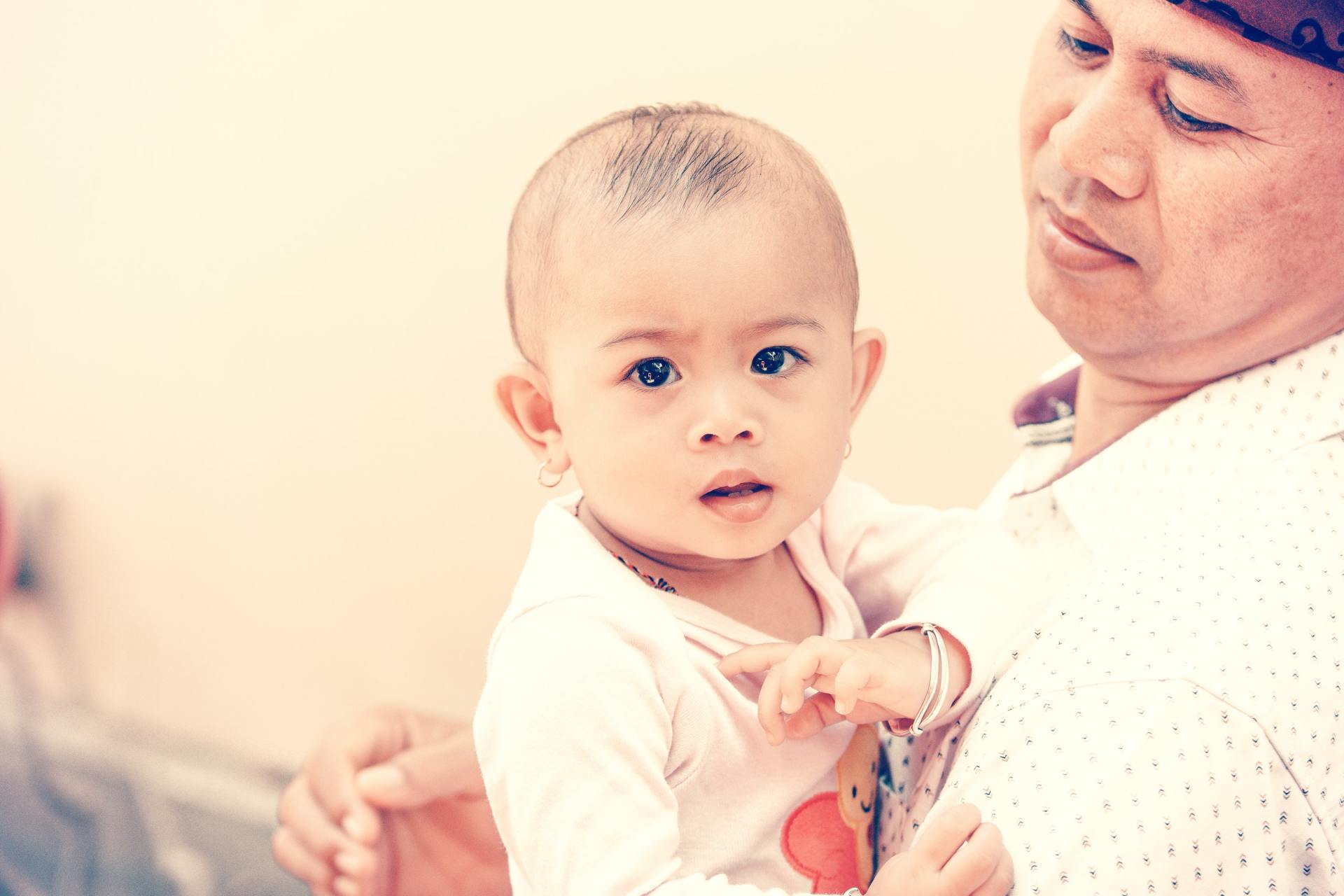
Although young babies don’t understand the meaning of your words, they understand a lot by the way that you touch and hold them. They also learn from the expression on your face, the tone of your voice and the gestures that you make. Remember it is by talking to them that they learn words. Surround your baby with words when you feed, diaper and play with them.
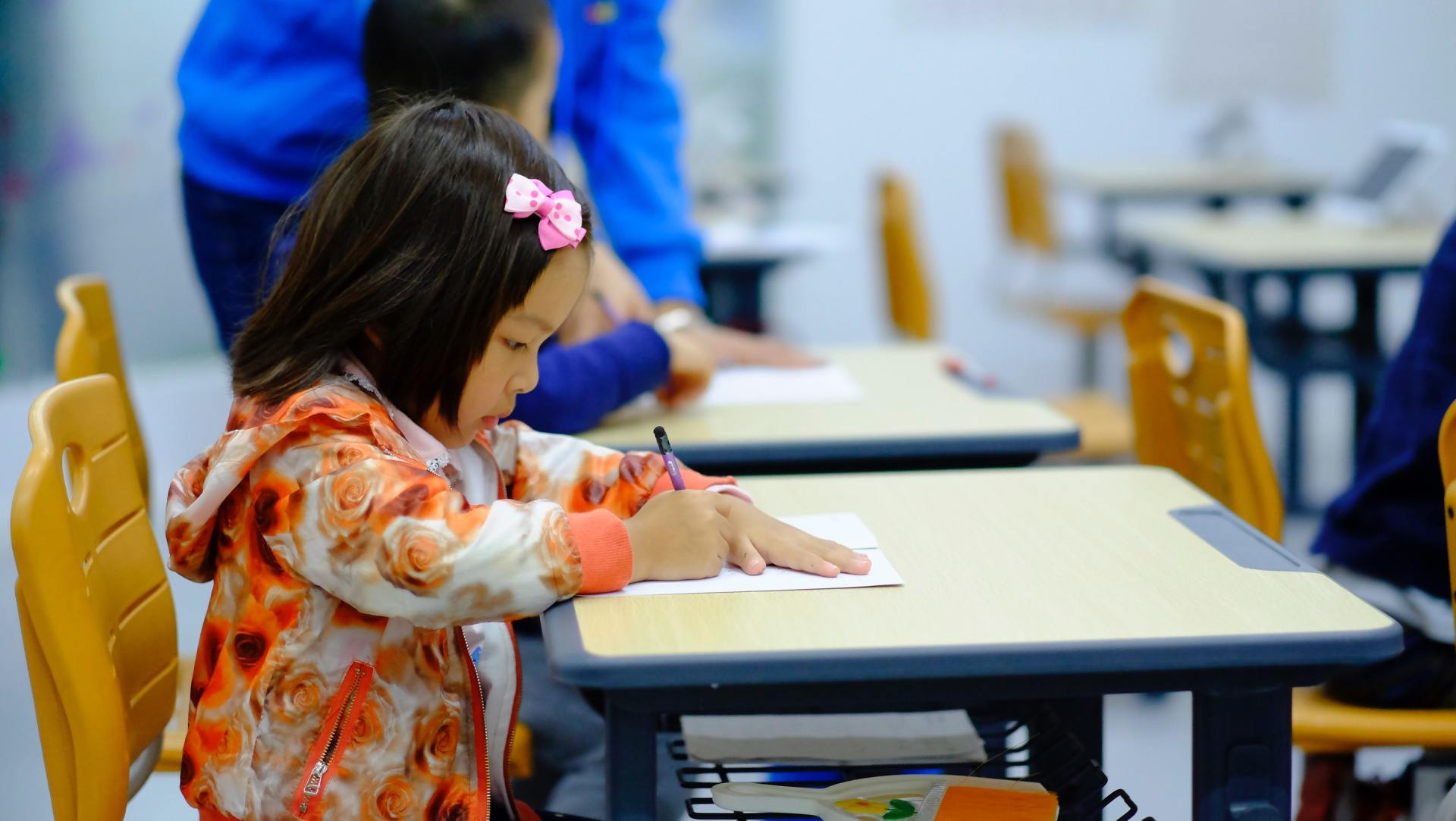
When children start school, they should be ready to learn. Parents can do many things to help their children get ready to learn. Children do better at school if they learn first language skills at home. Strong first language skills make it easier for children to learn another language at school. Remember to speak to your children in your FIRST language. Everything you do at home helps your children learn. Children need rest and healthy food. You can also take your children to activities like playgroups, nursery school and story time at the library. Small children learn many skills that prepare them to take part in school activities.

